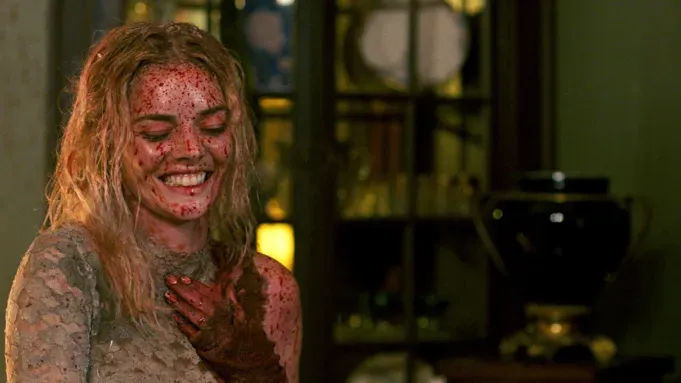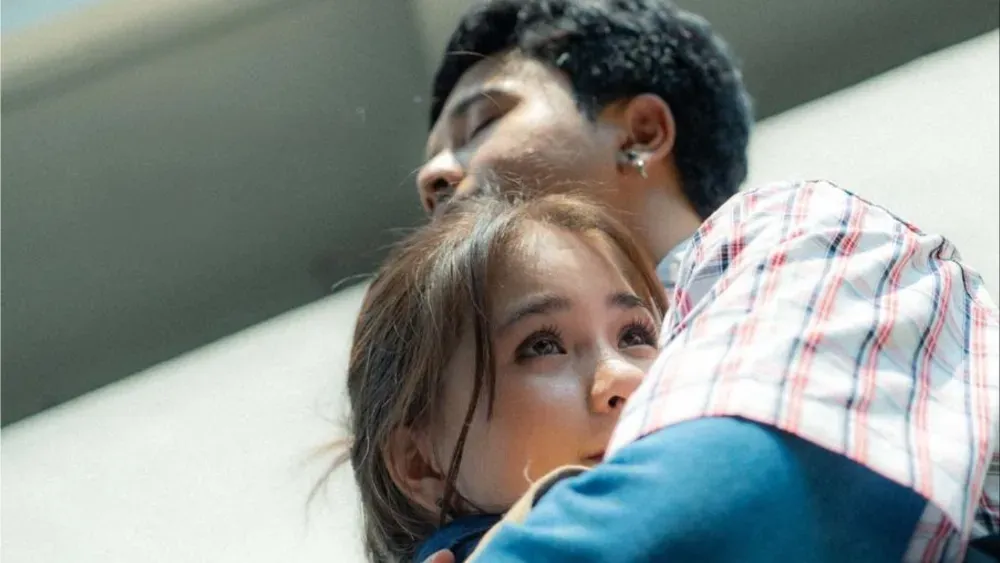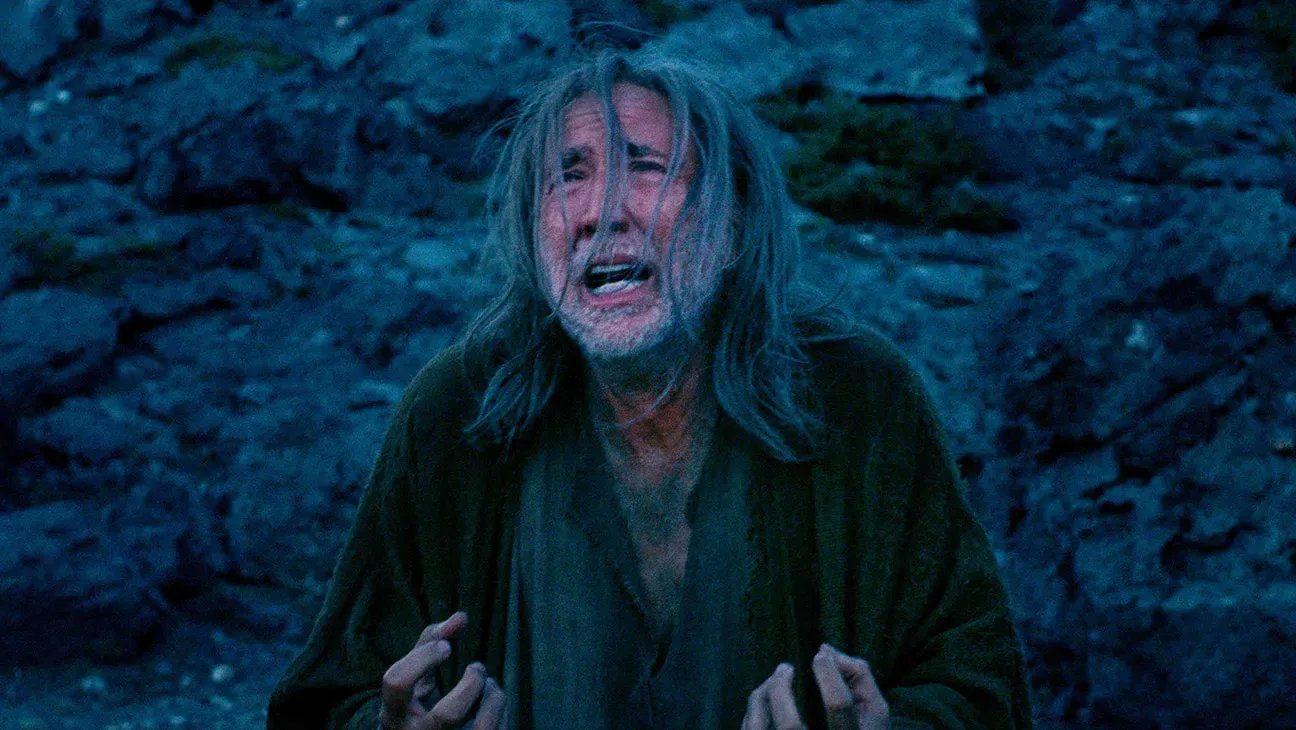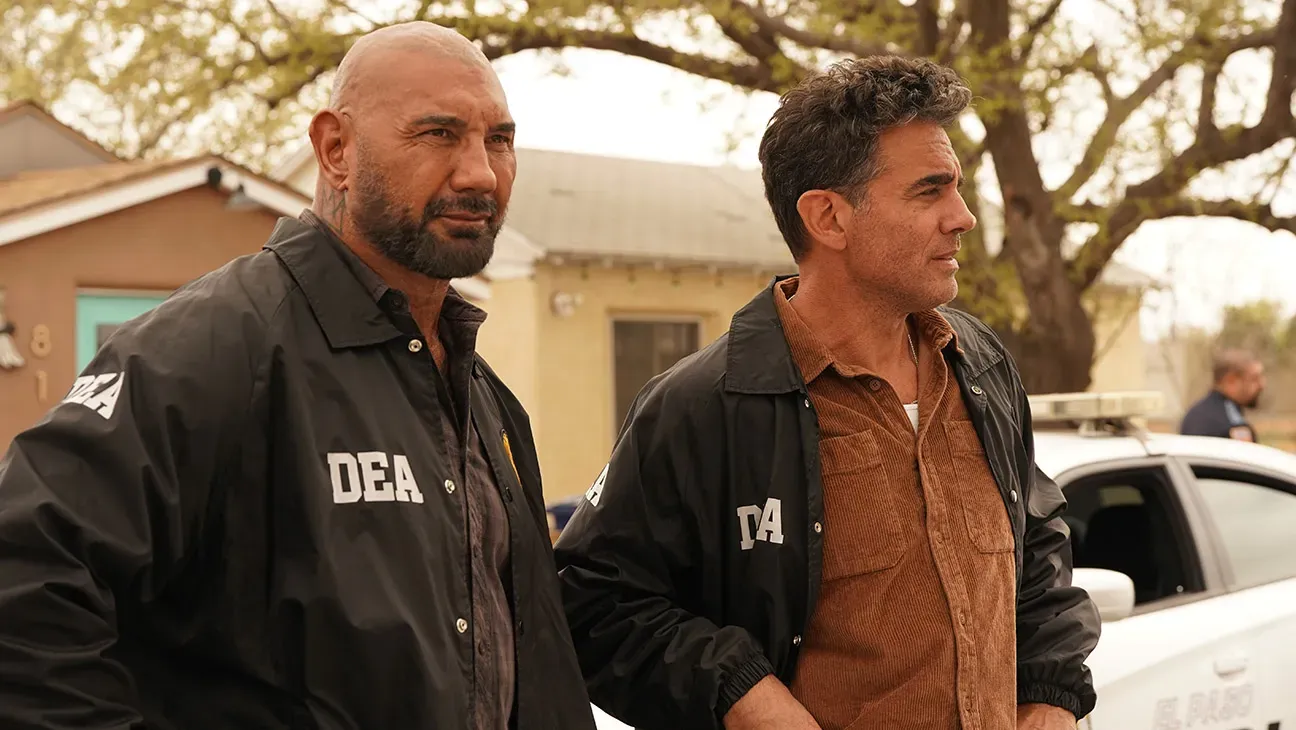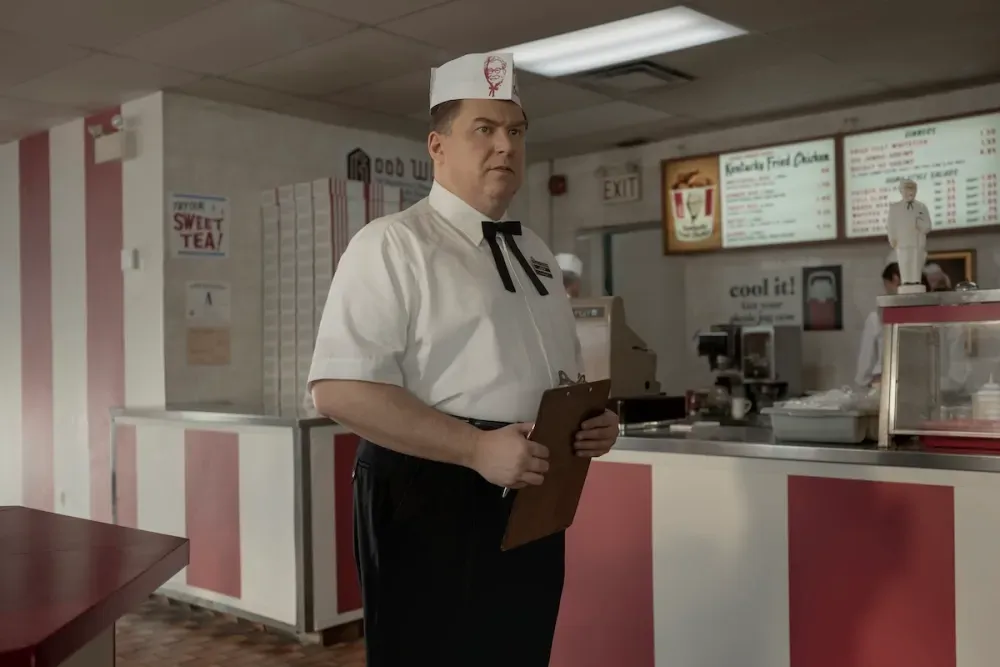
Unmasking the Villain: The Deep Dive into John Wayne Gacy's Crimes
- Oct 22, 2025
Okay, so spending time with serial killer John Wayne Gacy, who gruesomely ended the lives of over 30 young guys in the '70s, isn't anybody's idea of a fun date night. But, don’t write off Peacock's "Devil in Disguise: John Wayne Gacy" just yet. It's a thought-provoking close-up into how misconstrued masculine norms can eerily enable such monstrous deeds to go unchecked.
Running in stride alongside other true crime riveters, Patrick Macmanus artfully crafts a punchy limited series, minus the gore and violence that usually characterizes this genre. From Timothy Jack McCoy to Robert Piest, the series reintroduces over 30 victims, not as faceless entities linked to a frightful crime, but as young boys just finding their footing in life, as friends, sons, and lovers, whose lives were tragically snuffed out.
Thanks to the nimble storytelling, the series masterfully underlines the humanity of these boys, their sacrifices, and the gaping hole left behind in the hearts of their loved ones. It foregrounds their vibrant lives, not their brutal ends, reminding us of the simple truth that they deserved so much better.
Pulling no punches, the series brings into sharp focus the real villain - John Wayne Gacy, chillingly embodied by Michael Chernus. But beyond the portrayal of Gacy, what the series really strips bare is the system that enabled him to walk free for far too long. The subtext switches from a typical whodunit to a deep exploration of the societal constructs that amplified Gacy's gruesomeness.
True to its tenet, the show refrains from televised courtroom melodrama. Instead, it boldly chose to spotlight the lasting impact of Gacy's carnage through the experiences of his surviving victims. It's compelling, without reducing the narrative into a lurid spectacle of violence.
In telling a tale centred on gender-based violence, the potential for stereotyping and marginalizing gay men was high. However, the show skilfully dodges this pitfall and instead uncovers the insidious relationship between Gacy's internalized homophobia and his horrific acts of violence.
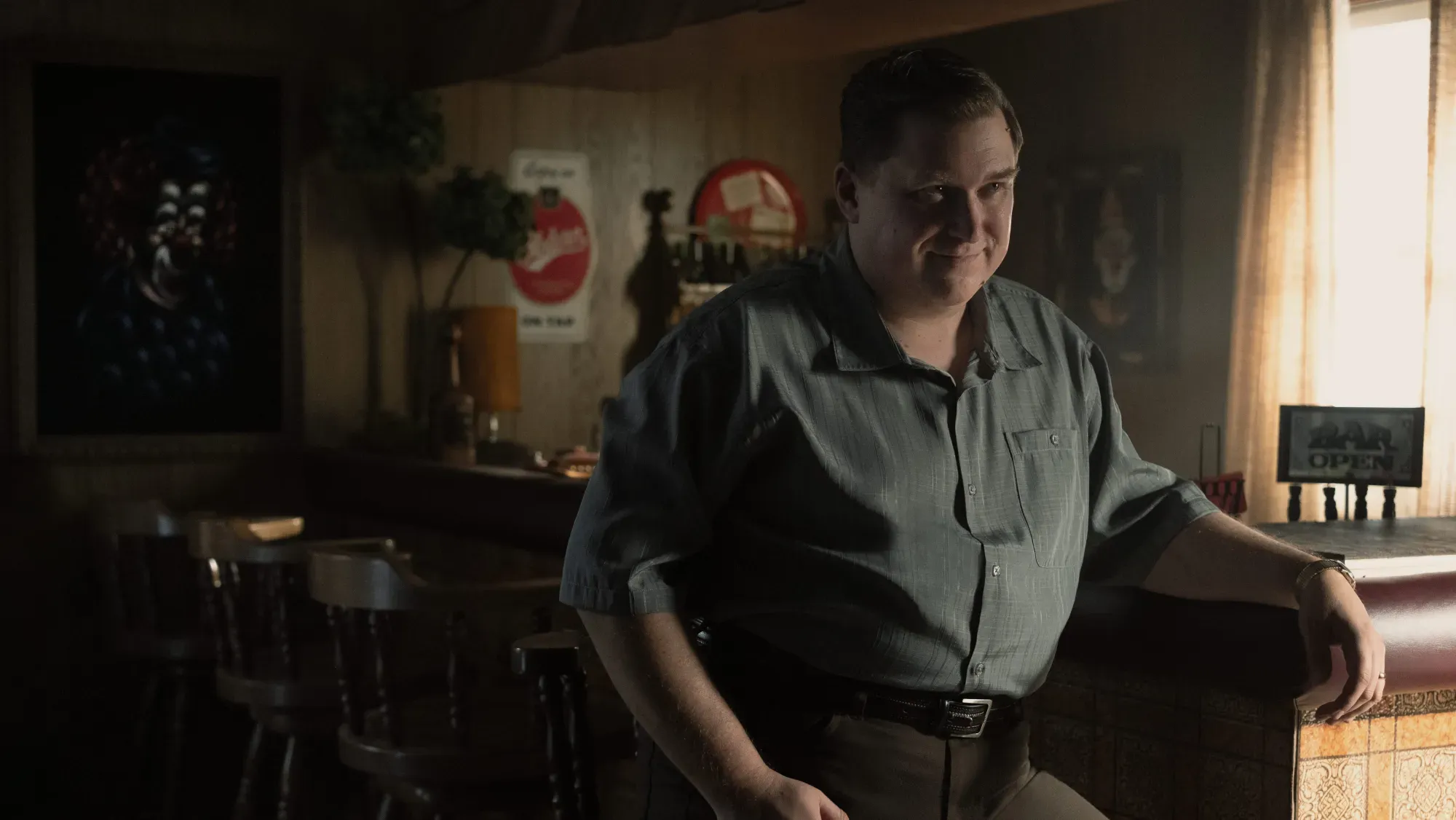
At its core, this series takes a hard look at our institutional structures, highlighting how it overlooked these young victims, often directing resources elsewhere, enabling Gacy to continue his horrific spree. The hard-hitting critique of the Chicago PD is particularly poignant, as it exposes how inherent biases played a role in Gacy going unchecked.
The series also introduces us to an arresting performance by Gabriel Luna as detective Rafael Tovar and an equally stark portrayal by James Badge Dale as the chief Joe Kozenczak. Both struggle within a faulty system, attempting to bring much-needed change.
Threading through the noir narrative, we also meet Gacy’s attorneys such as Bill Kunkle and Sam Amirante, excellently portrayed by Chris Sullivan and Michael Angaranoas respectively, who bravely navigate the tightrope between defending a monster and upholding constitutional rights.
This docuseries blends the grungy aesthetics of the '70s together with the raw narrative, presenting a poignant generational tale vivid in its details, from the impeccable wardrobe and haircuts, cars, and architecture of that era. It tells the story of a generation that only valued boys from “good” backgrounds and shunned alternative expressions of masculinity.
But most importantly, this series poignantly reminds us that true-crime tales ought to pivot on the victims and the lives torn asunder, rather than focusing solely on the violence. It urgers us to remember, but also to intensely scrutinise societal systems that demand perfection from victims, codify entire groups as undesirable, and enable violence. It’s these potent narratives that thrust "Devil in Disguise" beyond the screen, embedding it in our multifaceted real-world. This riveting series premieres on October 16.


